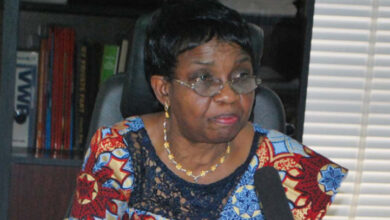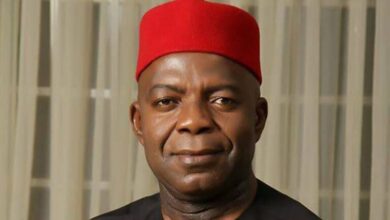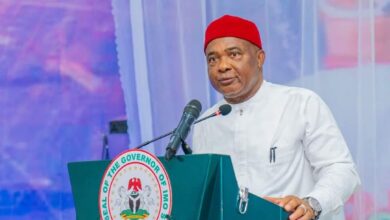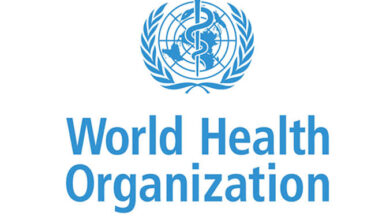Another Lockdown Looms in Kaduna State as Covid Cases Spike
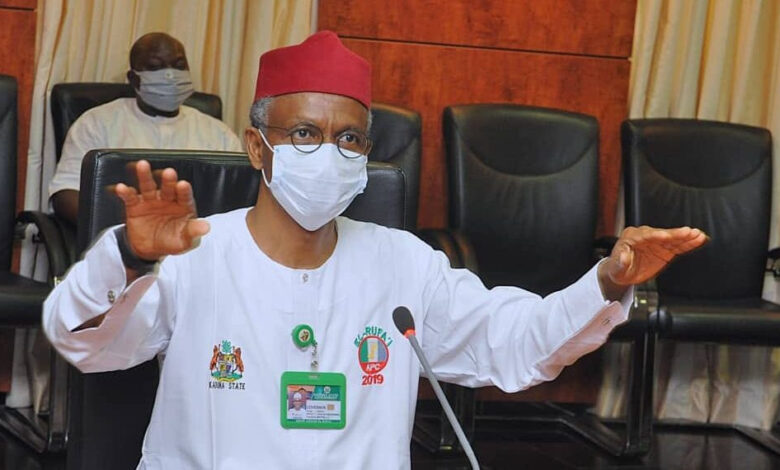
A warning notice was issued by the government of Kaduna State over the increasing number of confirmed Covid cases in the state. The government stated that it might impose another lockdown to help curb the situation.
The state Commissioner of Health, Dr. Amina Mohammed-Baloni, gave the warning at a press conference on Saturday, December 12. The warning came hours after the state governor, Nasir El-Rufai, announced he was going into isolation after a close family member and a top government official tested positive for the virus.
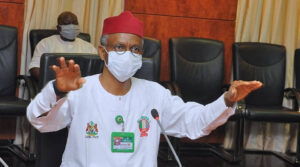
‘’In absolute and relative terms, Kaduna State is now recording high infection figures reminiscent of the first wave of Covid-19 spread in April, May and June 2020.
The lowering of the infection rate following the first wave encouraged the government to approve the recommendation of the State Covid-19 Task Force for a significant reopening of the state.
’However, we are saddened to report that the conditions that compelled the 75-day lockdown of the state are now being replicated.
As of Friday, 11th December, the state recorded 117 positive cases from 518 samples. This translates to almost one in four samples testing positive,’’ she pointed out.
The commissioner argued that the government had expected some increase in infections after the reopening of schools, markets, places of worship, and recreational centres.
She appealed to the people of Kaduna state to observe Covid-19 preventive protocols in order to protect themselves and their families from infection.
”The Ministry of Health as the lead agency for implementing Covid-19 containment measures will be availing the State Covid-19 Taskforce of all the relevant data to monitor and access the rate of voluntary compliance.
If the rate of spread retains or exceeds the current pace, then we will have no option to recommend the temporary closure of public spaces, including schools, markets, offices and places of worship. But there is a less costly way out. And that involves citizens living their lives and conducting themselves in ways that do not spread the disease. That way, lives and livelihoods are protected while public health officers try to contain and manage the disease without causing painful disruptions.” she said
